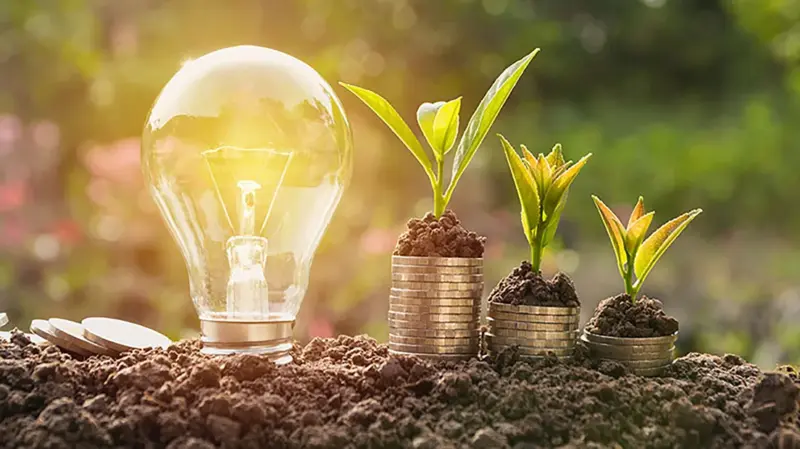To accelerate its energy transition, Morocco is preparing to join the carbon compensation mechanism of the Paris Agreement. This project, in its final preparation phase, aims to integrate the Kingdom into the global carbon market.
The principle of the carbon market is based on the sale of carbon credits by green project developers to major polluters, thereby financing initiatives that reduce greenhouse gas (GHG) emissions. Polluting states can thus support projects in emerging countries, contributing to global decarbonization.
Active since the Kyoto Protocol in 1997, the carbon market will now include Morocco. A consultation with the private sector will soon be launched to explain how the market works and the eligibility criteria, according to Nacif Safouane, project manager. This will allow for the collection of on-the-ground information and the selection of pilot projects.
The Paris Agreement, signed in 2016 by 193 countries, introduced this compensation system, detailed in its Article 6, allowing for voluntary cooperation between countries to reduce CO2 emissions. The Global Green Growth Institute (GGGI) helps signatories implement these programs. Since 2015, the GGGI has collaborated with Morocco’s Ministry of Energy Transition and Sustainable Development, identifying two priority frameworks for carbon compensation: Law 40-19 on renewable energies and Law 82-21 on self-production.
Eligible projects can obtain funding by selling units equivalent to one ton of avoided CO2, through a production-based incentive system (SIP). Payments are based on independently verified results, making renewable energy projects more attractive. Grants vary depending on the price of the avoided ton of CO2 and the characteristics of the projects.
To succeed, Morocco must find buyers for its carbon credits. Norway, a likely partner due to a cooperation agreement signed in December 2023, could be one of the first buyers. The Scandinavian country, a major exporter of gas and oil, aims to reduce its CO2 emissions by more than half by 2030 and achieve carbon neutrality by 2050.
The DAPA program represents a unique opportunity for Morocco to raise additional funding, exceeding the goal of 52% renewable energy by 2030. The Ministry of Energy Transition estimates that the necessary investments should reach $1 billion per year until 2030, and $1.9 billion per year thereafter. The establishment of a carbon market could help bridge this funding gap.
Nacif Safouane, head of the GGGI’s Carbon Markets program in Morocco, emphasizes that the DAPA program stands out for its innovative approach, aiming to reduce transaction costs compared to individual projects of the Clean Development Mechanism (CDM) of the Kyoto Protocol. By focusing on national policies and simplifying administrative procedures, DAPA facilitates the implementation of renewable energy projects.
Estimates indicate that the potential for CO2 emission reductions by 2030 could reach 6 million tons through the DAPA program, significantly contributing to Morocco’s climate goals and its sustainable energy transition.


